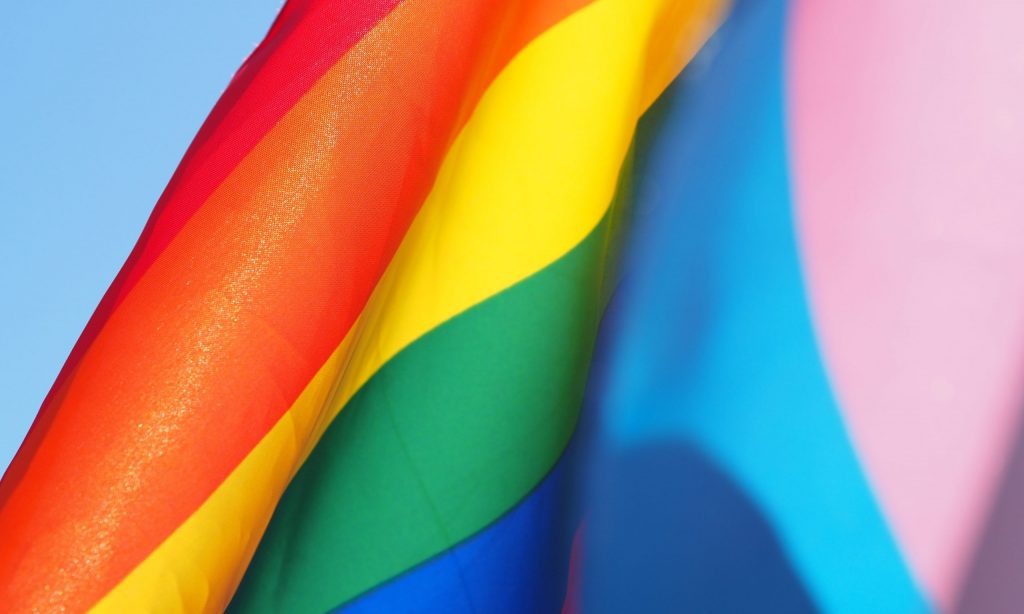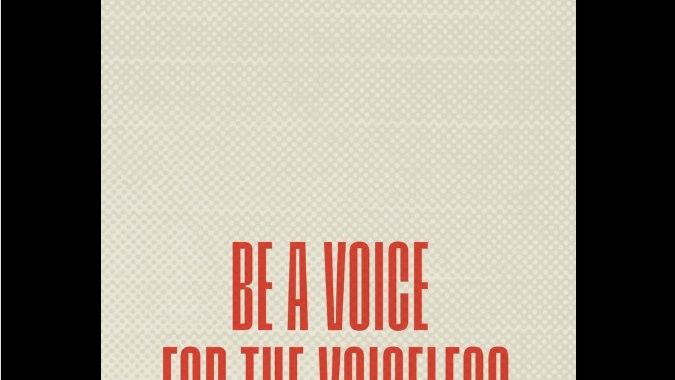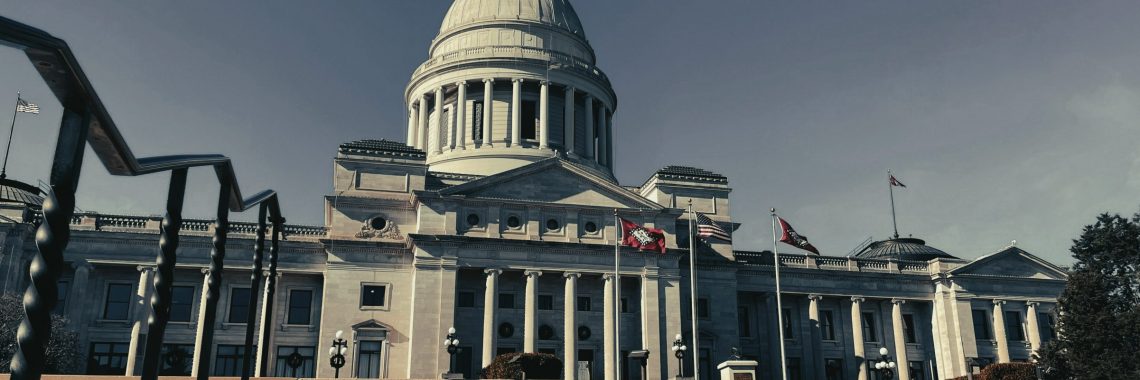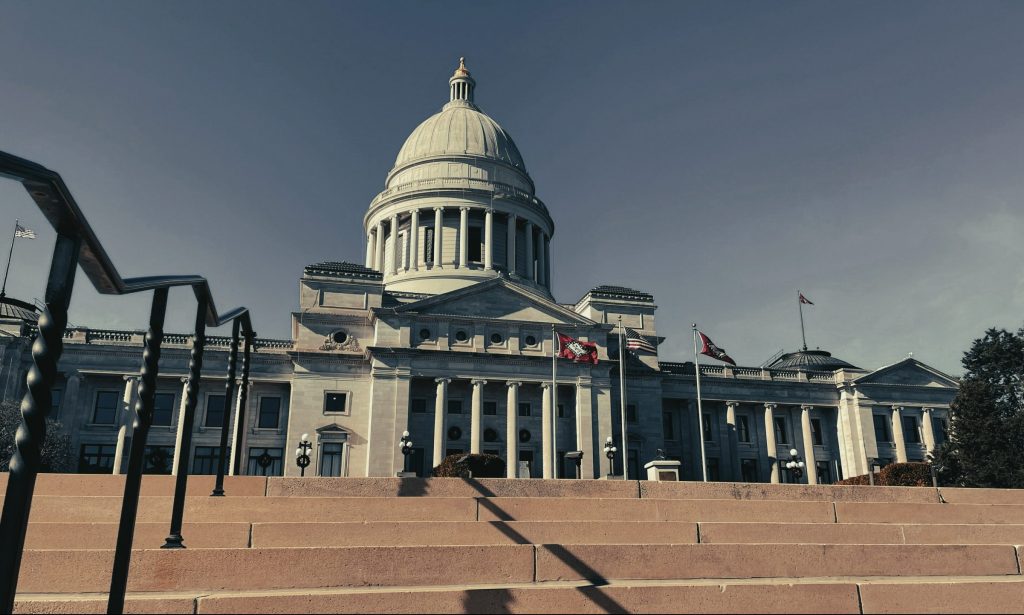Survey Shows Support for Same-Sex Marriage Declining

Support for same-sex marriage in the U.S. has fallen for the first time in nearly a decade, according to a new survey. The Public Religion Research Institute (PRRI) published updates to its American Values Atlas on Tuesday, revealing that public support for same-sex marriage dropped from 69% to 67% from 2022 to 2023.
The last time that PRRI recorded a decline in public support for same-sex marriage was almost 10 years ago, when it fell from 54% in 2014 to 53% in 2015. Among Republicans, support for same-sex marriage dropped from 49% in 2022 to 47% in 2023, which is still 12 points higher than it stood in 2014. There was also a similar drop in support among independent voters, from 73% in 2022 to 71% in 2023. Support for same-sex marriage has risen among Democrats from 65% in 2014 to 82% in 2023.
The PRRI survey further reported that support for same-sex marriage has decreased among religious groups. Support for same-sex marriage is and has been highest among religiously unaffiliated, Buddhist, and Jewish Americans, with a majority of mainline Protestants and Catholics also expressing support. Among American Catholics, support dipped from 75% in 2022 to 73% in 2023, but declined most steeply among Hispanic Catholics: from 75% in 2022 to 68% in 2023. Support for same-sex marriage is lowest among Mormons (47% in 2023), Hispanic Protestants (44% in 2023), Muslims (40% in 2023), white evangelicals (37% in 2023), and Jehovah’s Witnesses (18% in 2023).
Additionally, while a majority of Americans support LGBT non-discrimination policies, overall support for these policies has also declined. PRRI found that 80% of Americans supported non-discrimination policies in 2022, but only 76% did in 2023. Support among Republicans dropped from 66% in 2022 to 59% in 2023, while support among Democrats remained steady. The survey also found that 52% of those who identify as LGBT identify as religiously unaffiliated, which PRRI noted is “nearly twice the rate of the general U.S. population (27%).” About a third (35%) of those who identify as LGBT also identify as Christian, but PRRI noted that those who reject “Christian nationalism” are “nearly unanimous (93%) in their support” for both same-sex marriage and non-discrimination policies.
“The growing partisan divide on these issues show the effect of the continuous use of LGBTQ identity and LGBTQ rights as a wedge issue in our nation’s culture wars,” PRRI CEO Melissa Deckman said in a press release.
In comments to The Washington Stand, Family Research Council Senior Fellow Meg Kilgannon said, “It’s interesting to me that this very sophisticated survey funded by pro-LGBT advocacy organizations managed to have a series of questions related to ‘Christian nationalist’ support for/opposition to LGBT rights or protections.” She added, “That’s classic framing by the Left, casting Christians — or simply people who don’t think men can marry other men — as the odious troublemakers. The longer we live with the effects of sexual liberation, the less people will like it.”
PRRI’s report comes in the wake of courts upholding such measures as parental notification school mandates and bans on gender transition procedures for minors — both of which are labeled by LGBT activists as “oppressive” — as well as Democrats backing off LGBT funding programs and the release of the World Professional Association for Transgender Health (WPATH) files. The year which PRRI’s survey centered on, 2023, also saw widespread backlash against corporations such as Bud Light and Target for their LGBT activism, resulting in billions of dollars of losses for those companies.




